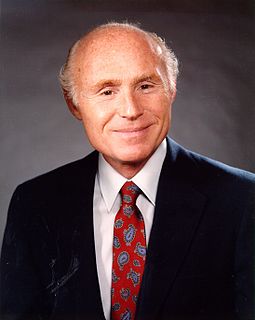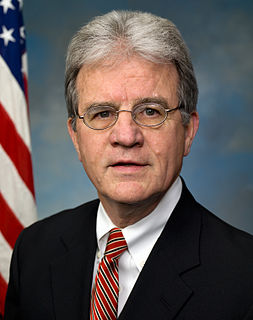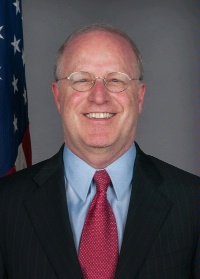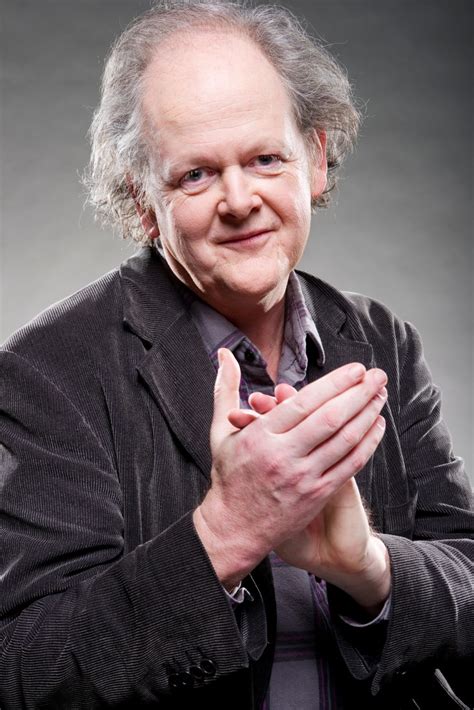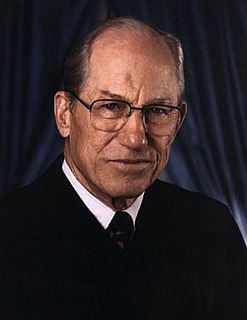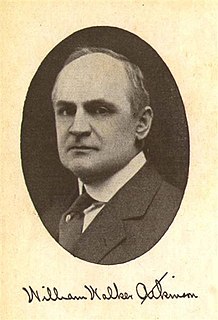A Quote by Herb Kohl
Judicial excellence requires an understanding that the law is more than an intellectual game and more than a mental exercise. He or she must recognize that real people with real problems are affected by the decisions rendered by the court. Justice, after all, may be blind, but it should not be deaf.
Related Quotes
I am just as deaf as I am blind. The problems of deafness are deeper and more complex, if not more important than those of blindness. Deafness is a much worse misfortune. For it means the loss of the most vital stimulus- the sound of the voice that brings language, sets thoughts astir, and keeps us in the intellectual company of man.
The real debate is we've had an activist court, and the American people don't want an activist court. And the real fear from those who might oppose Samuel Alito is that he'll bring the court back within a realm where the American people might want us to be with a Supreme Court; one that interprets the law, equal justice under the law, but not advancing without us advancing, the legislative body advancing, ahead of him.
Success is not to be gained by a blind and slavish following of anyone's rules or advice, our own any more than any other person's. There is no royal road to success- no patent process by which the unsuccessful are to be magically transformed. . . . Rules and advice may greatly assist-and they undoubtedly do this-but the real work must be accomplished by the individual. He or she must carve out his or her own destiny.
Nothing in oratory is more important than to win for the orator the favour of his hearer, and to have the latter so affected as to be swayed by something resembling an impulse of the spirit impetu quodam animi or emotion perturbatione, rather than by judgment or deliberation. For men decide far more problems by hate, or love, or lust, or rage, or sorrow, or joy, or hope, or fear, or illusion, or some other inward emotion aliqua permotione mentis, than by reality or authority, or any legal standard, or judicial precedent or statute.
